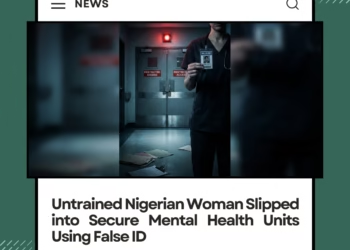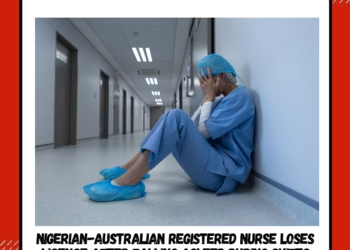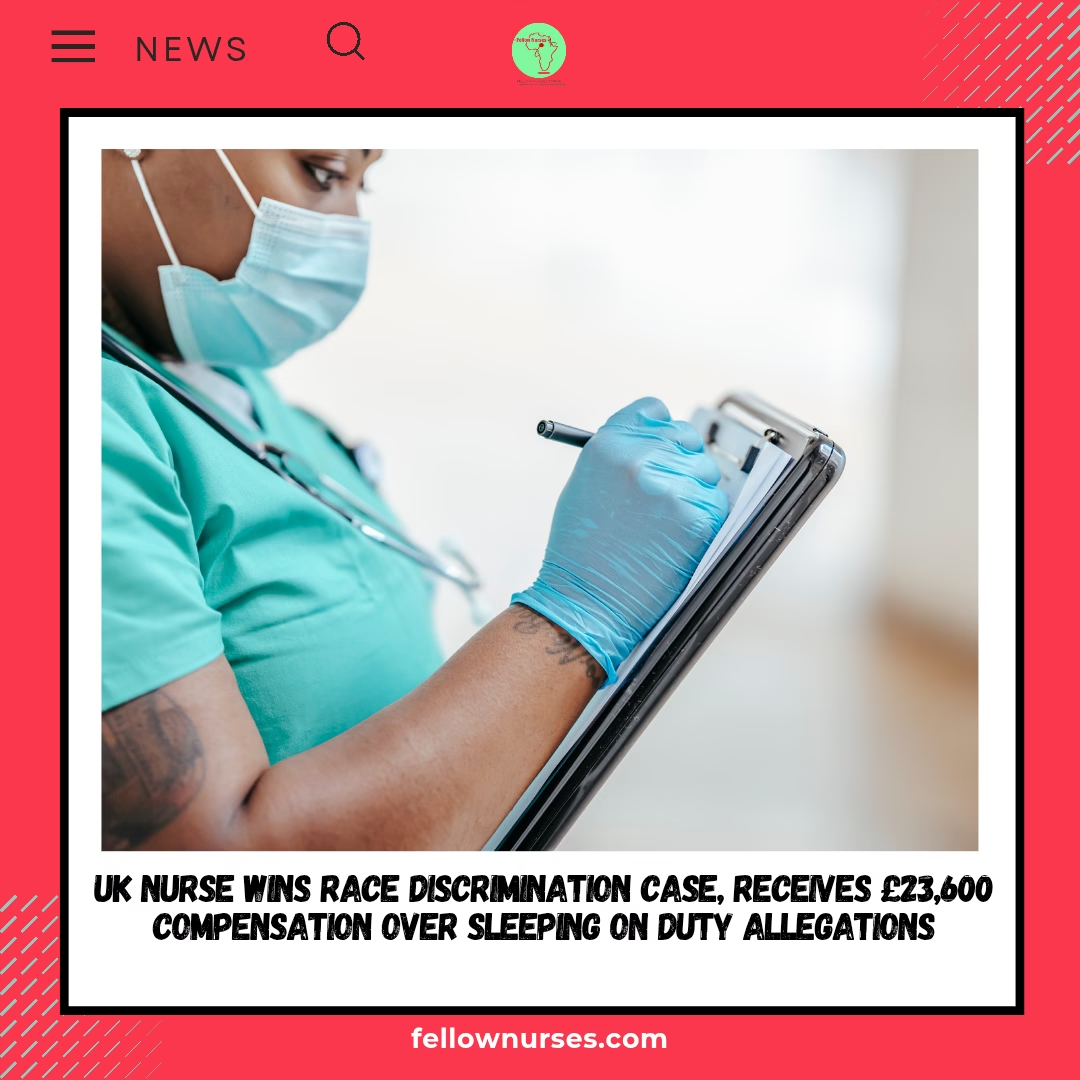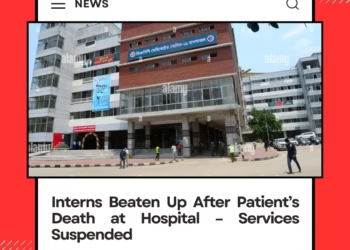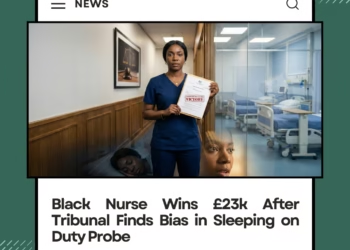Fellow Nurses Africa | 06 September 2025 | Lagos, Nigeria
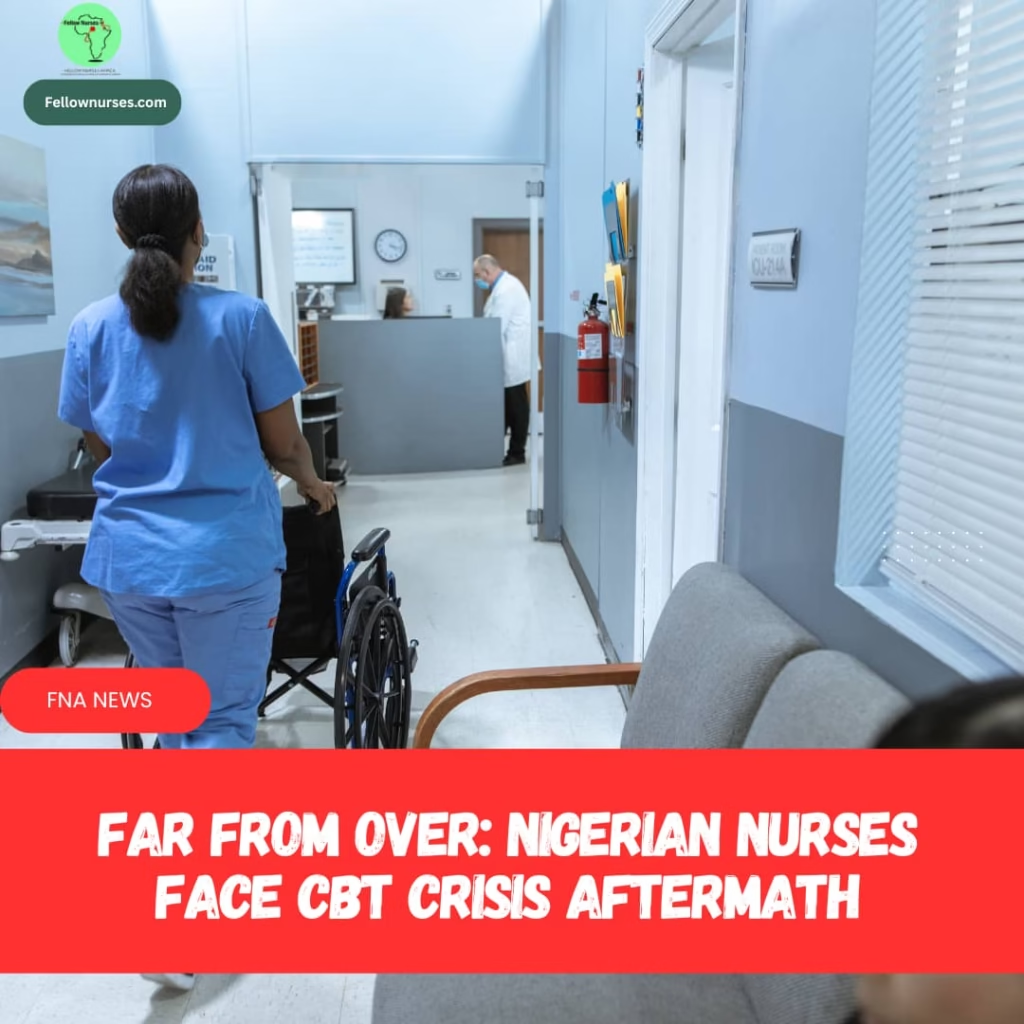
Nigerian nurses have long been a cornerstone of the UK’s National Health Service, their skill and compassion filling critical gaps in a strained healthcare system.
For many, the journey to the UK was fueled by dreams of professional fulfillment and the chance to provide for families back home.
Yet, since May 2023, when the Nursing and Midwifery Council (NMC) flagged alleged irregularities in Computer-Based Test (CBT) results from the Yunnik Technologies Test Centre in Ibadan, Nigeria, these nurses have faced a heart-wrenching ordeal.
The fallout, job losses, forced returns to Nigeria, disrupted dreams, and shattered lives has left them grappling with uncertainty and loss. While some have reclaimed their professional standing, the struggle to rebuild remains daunting, and for many, the saga is far from over.
Dreams Crushed by Doubt
The crisis began in May 2023, when the NMC, the UK’s regulatory body for nurses and midwives, invalidated all CBT results from the Yunnik centre after its testing provider, Pearson VUE, raised concerns about unusually rapid test completion times.
Nearly 2,000 candidates were affected, including hundreds of registered nurses working in the UK, who represent a vital portion of Nigerian-qualified professionals in the country. The decision cast a shadow of doubt over their qualifications, unraveling lives built on years of sacrifice.
Aisha, a mental health nurse, recalls the moment her world collapsed. “I left Nigeria with such hope,” she said, her voice heavy with emotion. “I passed my CBT, cleared the OSCE in the UK, and was caring for patients who became like family. But when my test was flagged for being completed in 20 minutes, everything stopped.
I retook it, passed again, and had my employer’s full support, but the delays cost me my job. I’m living on borrowed time and money, wondering if I’ll ever nurse again.”
The financial toll has been devastating. Many nurses, like Funmi, poured life savings and loans into their migration covering visas, training, and relocation costs. “I borrowed heavily to come here,” Funmi shared, her eyes glistening.
“Losing my job meant I couldn’t pay rent or send money to my children in Nigeria. The shame was overwhelming. I had to return home, where jobs are scarce, feeling like I’d failed my family.”
Lives Shattered, Returns in Shame
The emotional weight of the crisis is profound. Nurses describe a crushing sense of humiliation, their identities as caregivers tainted by suspicion. Chinedu, who was removed from the NMC register, spoke of his heartbreak:
“My test wasn’t even on the date they flagged. I sent my transcripts, glowing references from my hospital in Nigeria, everything. But I was struck off. I returned to my village with nothing, my savings gone, my family’s dreams in tatters. People think I did something wrong, but I know I’m a nurse through and through.”
For some, the crisis has escalated with alleged deportation orders from the UK Home Office while their cases linger unresolved. “It’s like being punished without a chance to speak,” Chinedu said softly. “Back in Nigeria, I’m starting from scratch, but the stigma follows me. My children’s school fees are unpaid, and I don’t know how to rebuild.”
The sense of isolation is palpable. “You go from being a trusted professional to someone questioned at every turn,” said Tolu, another nurse entangled in the process. “It’s lonely. You carry the weight of doubt, and it breaks your heart.”
Flickers of Hope, Persistent Struggles
Amid the despair, a few nurses have found small victories through relentless perseverance. Save The Woman Foundation has been a lifeline, providing legal support to navigate the appeals process.
Blessing, whose NMC PIN was reinstated earlier this year after a contested ruling, spoke of her fragile triumph: “Getting my registration back was a glimmer of hope after so much pain. But employers are cautious now, scarred by the controversy. Finding a job feels like climbing another mountain.”
The Nigerian Nurses Charitable Association (NNCA UK) has offered community support, including fundraisers to ease financial burdens. Yet, the aid often falls short, and nurses rely on each other, sharing stories and strength in quiet moments of solidarity. “We lift each other up,” Tolu said. “But even our wins come with wounds. The process takes everything—your hope, your savings, your peace.”
A Grueling, Costly Fight
The appeals process, overseen by independent panels, remains a formidable barrier. Nurses describe it as agonizingly slow, emotionally draining, and financially crippling, with legal costs soaring into thousands of pounds. “You wait endlessly for a hearing, your life on hold,” Aisha said, exhaustion in her voice. “Every day without work chips away at your spirit. And the costs? They’re impossible for most of us.”
Some nurses have voiced concerns about alleged inconsistencies in the process, feeling that evidence like academic records or employer endorsements is undervalued, while completion times are overly emphasized. “It’s hard to keep faith when the system feels unclear,” Funmi said. “You give everything to prove your worth, but the delays and costs wear you down.”
A Saga Without End
As 2025 draws to a close, the Nigerian nurses caught in this crisis remain steadfast, their resilience a testament to their calling. Yet, the human cost is staggering careers derailed, families strained, and dreams deferred. Advocates call for individualized assessments, clearer processes, accessible appeals, and support for those who’ve lost livelihoods or faced forced returns. “We came to care, to heal, to build a future,” Blessing said, her voice a mix of sorrow and strength. “All we want is a fair chance to show who we are.”
For Aisha, Chinedu, Funmi, Tolu, and countless others, the CBT crisis is a deeply personal saga of loss and endurance. Their stories, woven with courage and heartache, underscore the human stakes of an ordeal that remains far from over. With unwavering determination, they press on, hoping for a day when their dreams and their dignity are fully restored.
Got something to say? Share it in the comments
Fellow Nurses Africa is the independent voice of African nurses. We educate, inform and support the nurse profession.

